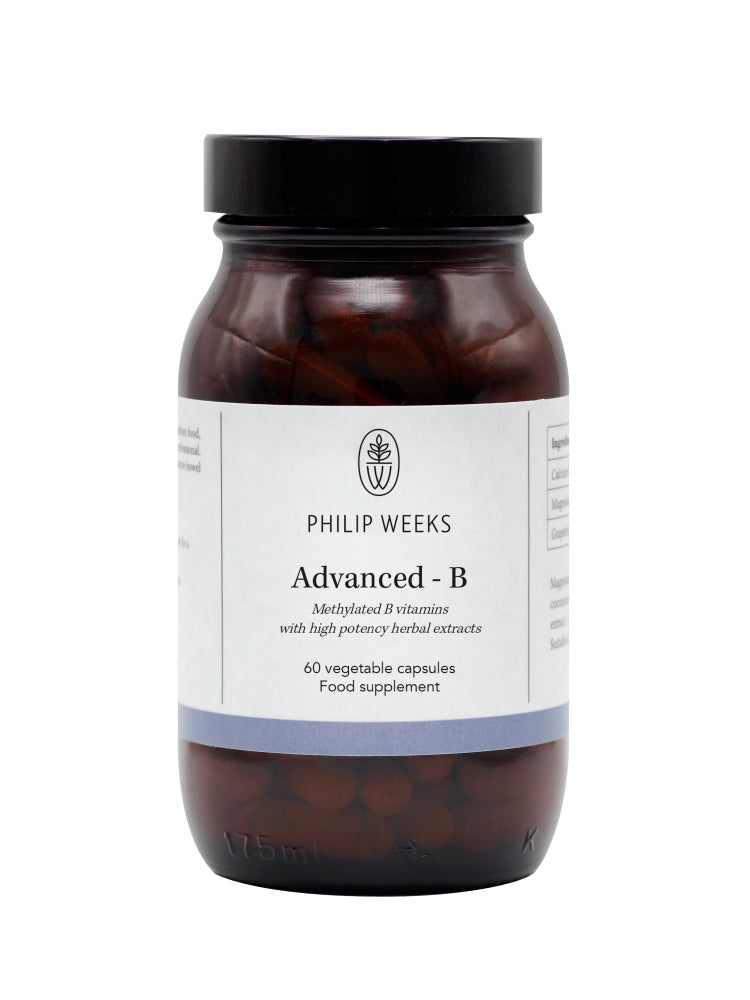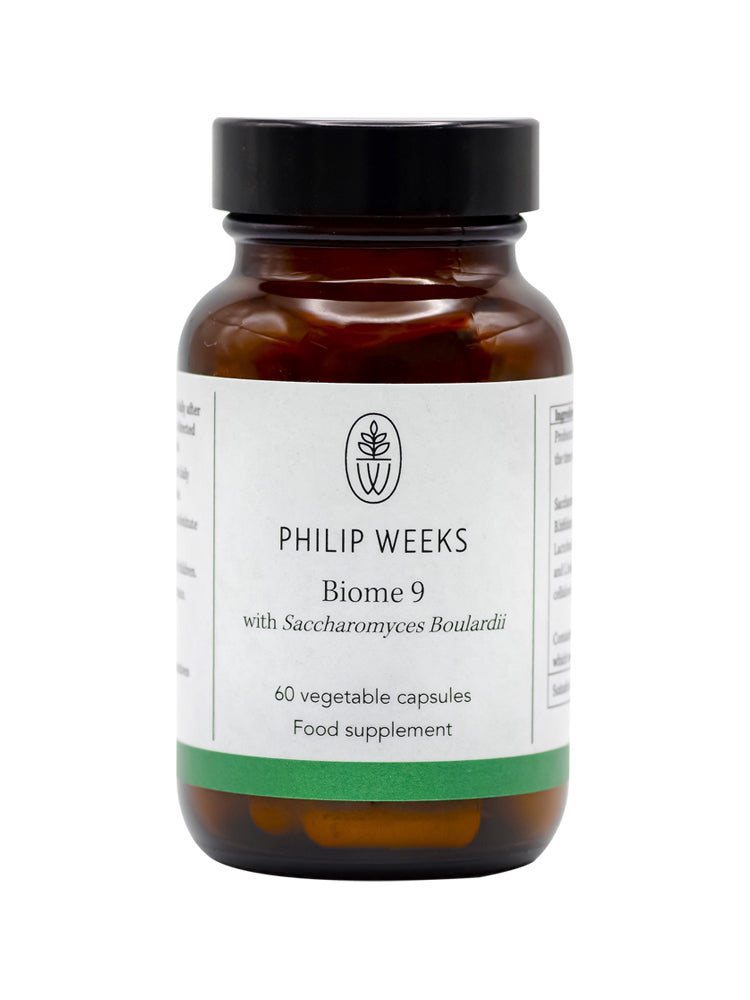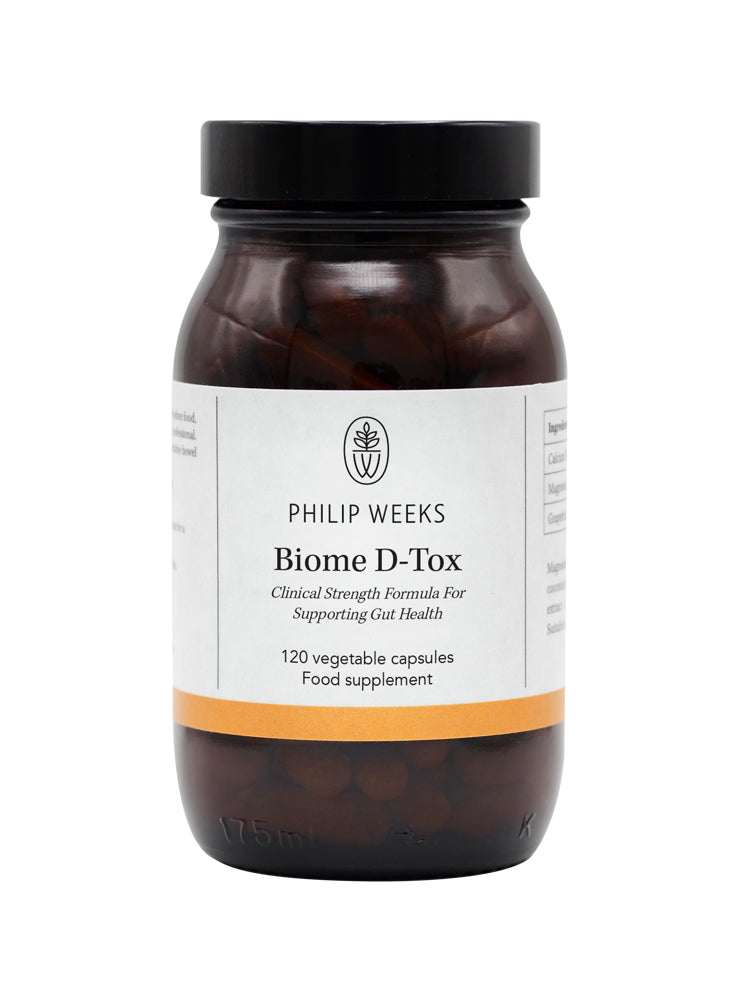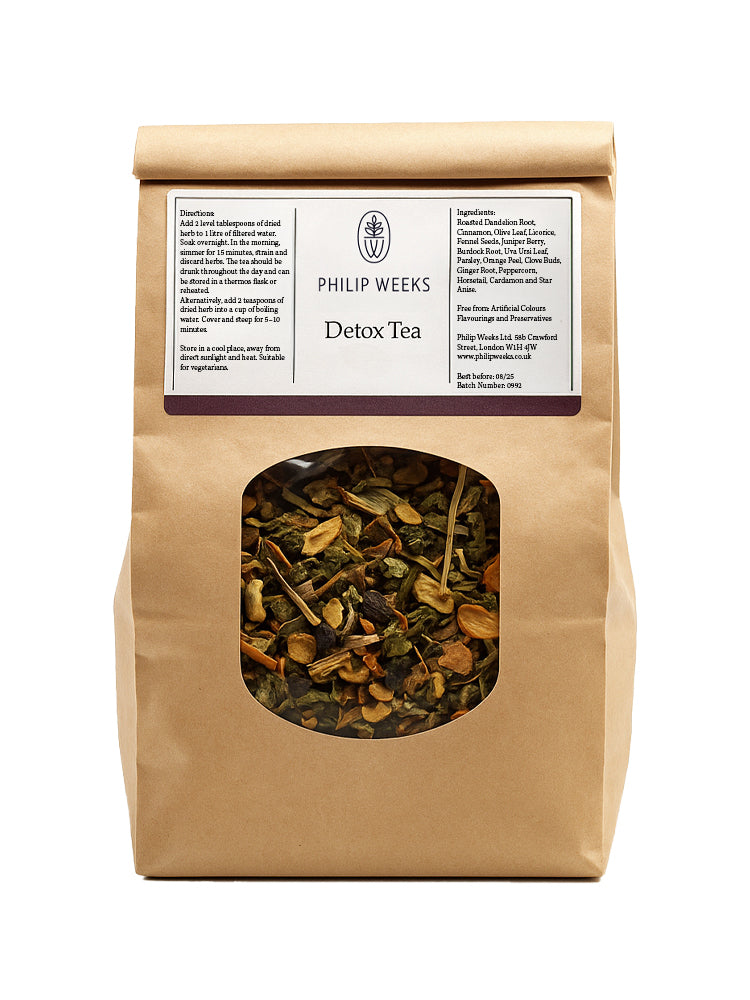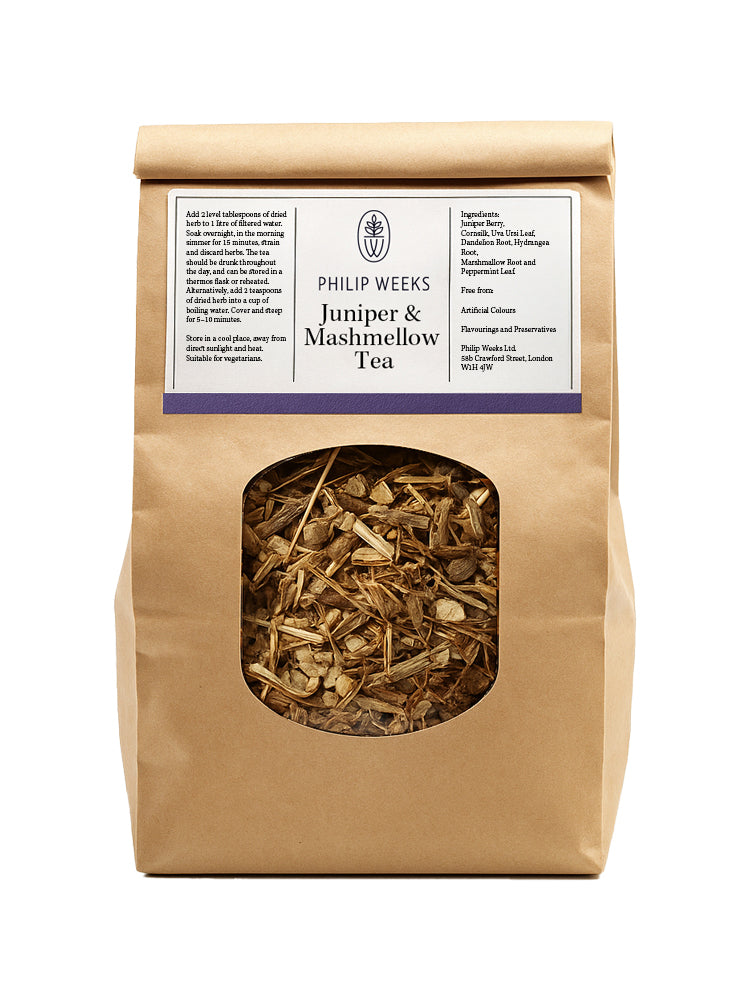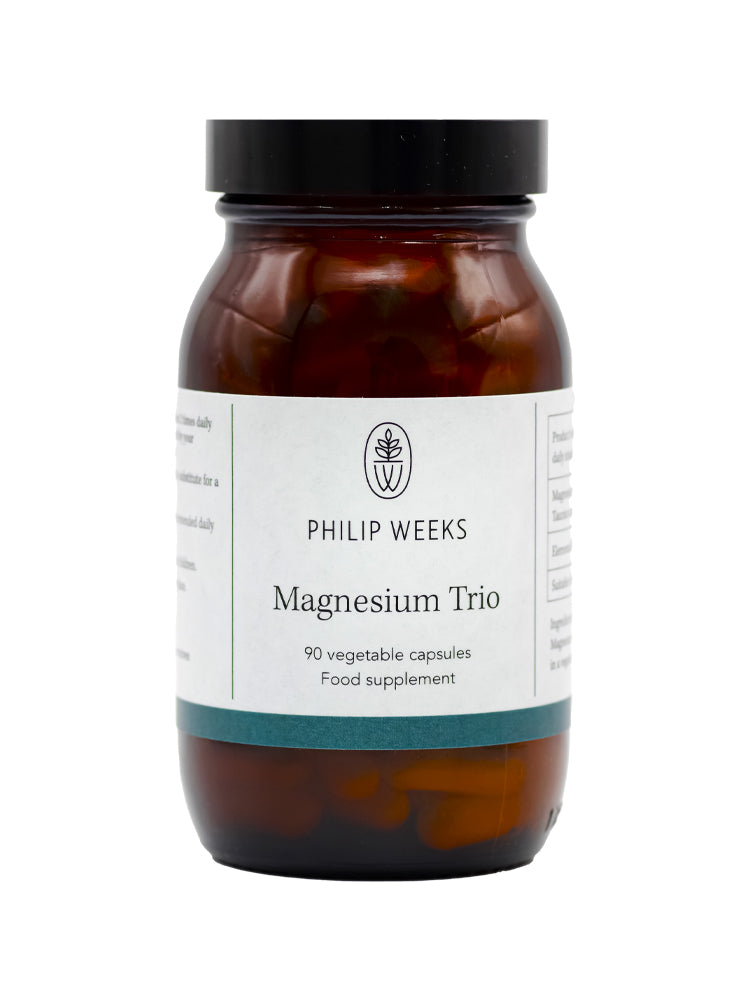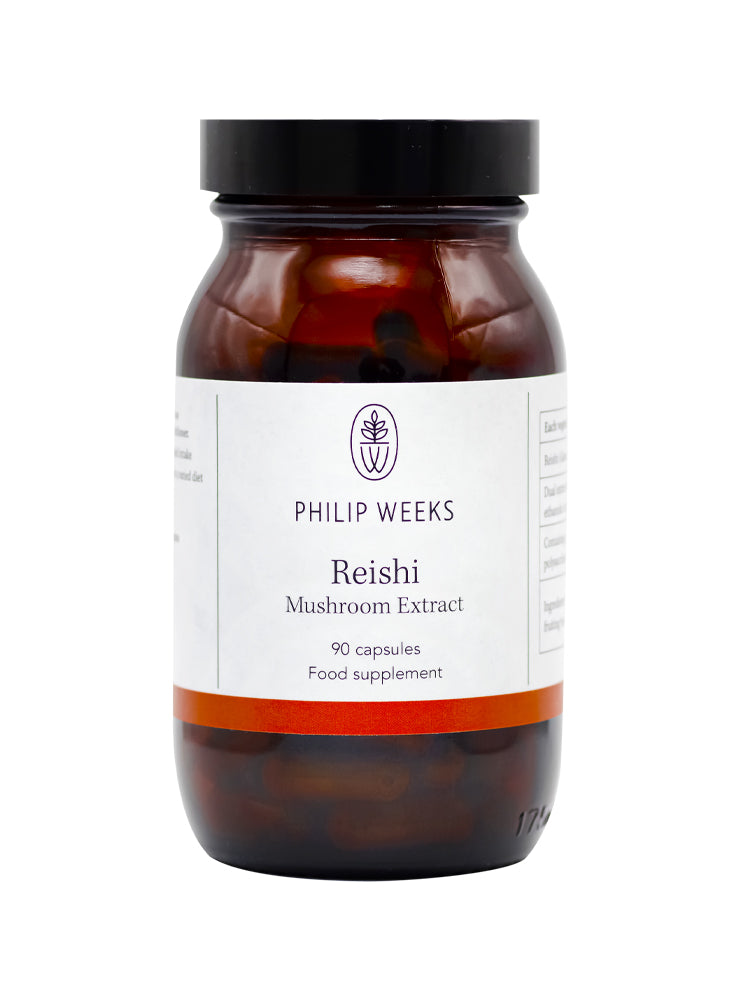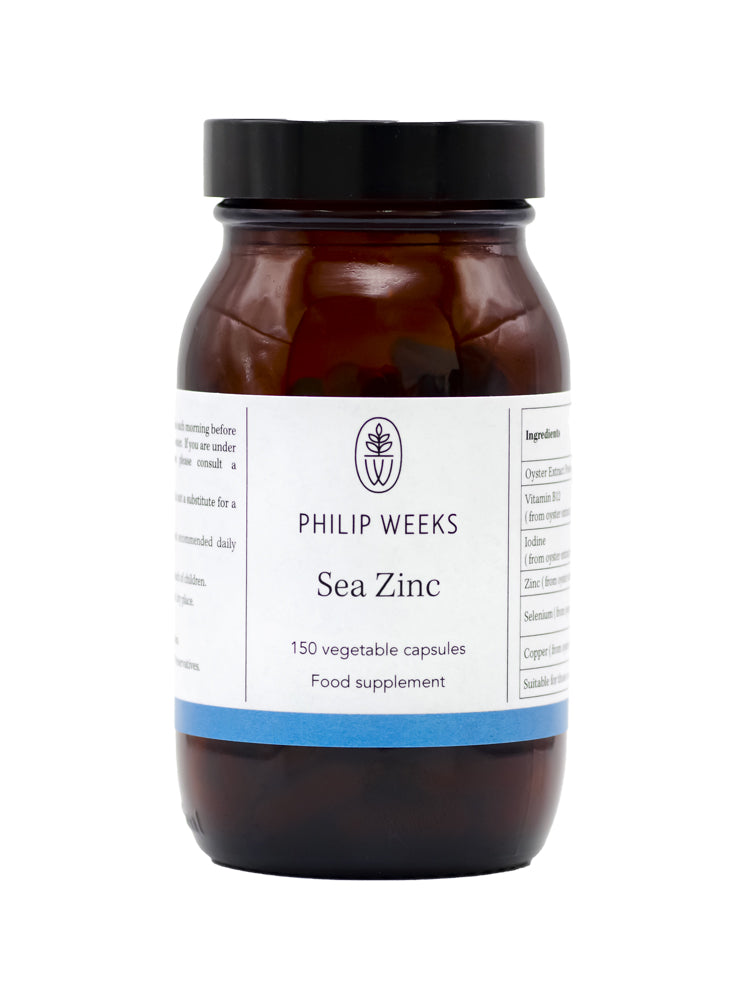There is a profound and important relationship between our digestive system and our brain.
The gut-brain axis is an intricate two-way communication, between the brain and the enteric nervous system in our gut, often called our ‘second brain’.
Many of us will attest to having ‘butterflies in our stomach when nervous or stressed, but it also impacts us the other way too, having a tummy upset can also make us feel on edge and nervous.
Health researchers have discovered that people with certain digestive disorders were found to have a higher risk of anxiety and depression.
It is thought that about 100 trillion bacteria live in the human gut and there are about 1,000 distinct species. Collectively known as ‘the Microbiome’.
Imbalances with the microbiome not only can create physical health challenges such as digestive issues, but the enteric nervous system in and around our gut reacts to what is happening with our gut bacteria and communicates that to our brain. Research has shown that the enteric nervous can influence brain activity, particularly the cognitive (how we think) and the emotional centres in the brain.
Emerging research has established a connection between an impaired gut microbiome and various mental health issues and psychiatric disorders, including anxiety. Indeed, a close and intricate relationship exists between anxiety and the state of one's gut health and the bacteria it contains. In fact, many brain chemicals or neurotransmitters are made in the gut, for example; 90% of the serotonin produced in the body is produced in the digestive tract.

This surprising connection between the presence of certain bacteria in the gut and the influence it has on our mental health has been named the ‘psychobiome’.
Of course, this connection isn’t new and in Chinese medicine it has been long understood (about 2,000 years!) that gut health impacts not just the way we think but even what we are thinking about.
Hippocrates was reputed to say that ‘all diseases start in the gut’. Certainly, more conditions than we ever originally thought seem to have a basis in our gut bacteria.
Probiotics which have been shown to influence our mental health are called psychobiotics.
It is thought that these psychobiotics support the brain gut axis through:
• Reducing stress hormones
• Reducing inflammation
• Supporting the uptake of important nutrients
• Stimulating the vagus nerve
• Balancing neurotransmitters such as serotonin and GABA.
So which ones are they….
Lactobacillus rhamnosus
There are studies which suggest that taking it can reduce anxiety in human subjects. Seems to support the relaxation of the central nervous system by improving the function of the GABA Receptors, which make us feel more rested and relaxed. In animal studies it reduced symptoms of OCD.
Bifidobacterium longum
A double blind, placebo-controlled trial showed that this bacteria had shown to reduce symptoms of mild to moderate depression in 64% of the participants in those who took the bacteria from 4 weeks. In other studies, it demonstrated an ability to reduce cortisol levels through its impact on the vagus nerve. In the journal of Nutrition (2011), researchers found that prescribing 30-day course of a probiotic mixture with Bifidobacteria longum reduced feelings of depression and anxiety in the volunteers.
Lactobacillus plantarum
A bacteria that can be present in sauerkraut and fermented vegetables. Shown to reduce anxiety in the participants of one study, it was found to have an impact on serotonin and reducing stress hormones.
Bifidobacterium breve
A bacteria that often reduces in quantity in the gut as we get older. It shown to reduce anxiety in animal studies, and was also shown that cognition improved in anxious animals when the probiotic was prescribed.
Eating fermented foods such as sauerkraut and kefir can help increase the diversity of gut bacteria. I formulated Biome 9 to specifically include these bacteria.
If you have a medical condition or taking medication always consult a practitioner before taking any supplementation. The information provided in this article is for informational purposes only and should not be considered medical advice.
References
Bercik P, Park AJ, Sinclair D, Khoshdel A, Lu J, Huang X, Deng Y, Blennerhassett PA, Fahnestock M, Moine D, Berger B, Huizinga JD, Kunze W, McLean PG, Bergonzelli GE, Collins SM, Verdu EF. The anxiolytic effect of Bifidobacterium longum NCC3001 involves vagal pathways for gut-brain communication. Neurogastroenterol Motil. 2011 Dec;23(12):1132-9.
Bravo JA, Forsythe P, Chew MV, Escaravage E, Savignac HM, Dinan TG, Bienenstock J, Cryan JF. Ingestion of Lactobacillus strain regulates emotional behavior and central GABA receptor expression in a mouse via the vagus nerve. Proc Natl Acad Sci U S A. 2011 Sep 20;108(38):16050-5.
Bharwani A, Mian MF, Surette MG, Bienenstock J, Forsythe P. Oral treatment with Lactobacillus rhamnosus attenuates behavioural deficits and immune changes in chronic social stress. BMC Med. 2017 Jan 11;15(1):7.
Dinan TG, Stanton C, Cryan JF. Psychobiotics: a novel class of psychotropic. Biol Psychiatry. 2013 Nov 15;74(10):720-6. doi: 10.1016/j.biopsych.2013.05.001. Epub 2013 Jun 10.
Kantak PA, Bobrow DN, Nyby JG. Obsessive-compulsive-like behaviors in house mice are attenuated by a probiotic (Lactobacillus rhamnosus GG). Behav Pharmacol. 2014 Feb;25(1):71-9.
Leung K, Thuret S. Gut Microbiota: A Modulator of Brain Plasticity and Cognitive Function in Ageing. Healthcare (Basel). 2015 Sep 29;3(4):898-916.
McKean J, Naug H, Nikbakht E, Amiet B, Colson N. Probiotics and Subclinical Psychological Symptoms in Healthy Participants: A Systematic Review and Meta-Analysis. J Altern Complement Med. 2017 Apr;23(4):249-258.
Pirbaglou M, Katz J, de Souza RJ, Stearns JC, Motamed M, Ritvo P. Probiotic supplementation can positively affect anxiety and depressive symptoms: a systematic review of randomized controlled trials. Nutr Res. 2016 Sep;36(9):889-898.
Rao AV, Bested AC, Beaulne TM, Katzman MA, Iorio C, Berardi JM, Logan AC. A randomized, double-blind, placebo-controlled pilot study of a probiotic in emotional symptoms of chronic fatigue syndrome. Gut Pathog. 2009 Mar 19;1(1):6.
Sarkar A, Lehto SM, Harty S, Dinan TG, Cryan JF, Burnet PWJ. Psychobiotics and the Manipulation of Bacteria-Gut-Brain Signals. Trends Neurosci. 2016 Nov;39(11):763-781.
Schmidt K, Cowen PJ, Harmer CJ, Tzortzis G, Errington S, Burnet PW. Prebiotic intake reduces the waking cortisol response and alters emotional bias in healthy volunteers. Psychopharmacology (Berl). 2015 May;232(10):1793-801.
Zhou L, Foster JA. Psychobiotics and the gut-brain axis: in the pursuit of happiness. Neuropsychiatr Dis Treat. 2015 Mar 16;11:715-23.

